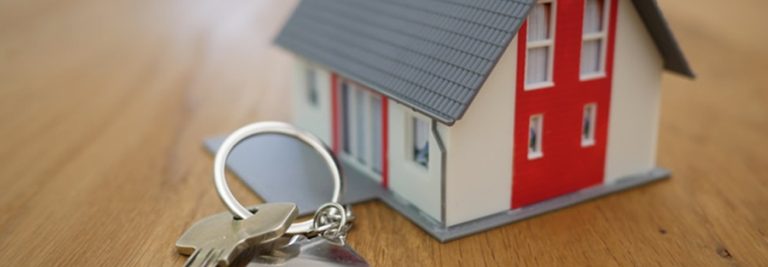
A principal residence is the primary location that a person inhabits. A primary residence or main residence is its name. The type of home doesn’t matter, as long as someone or a family lives there most of the time.
Table of Contents
ToggleReporting a property sale on personal income tax returns can be expensive and complicated. The increase in value of the property and the amount of capital gains tax owed determine this.
According to Canada’s Income Tax Act (ITA), the Principal Residence Exemption (PRE) can exempt the sale of a residence from tax.
Each family can choose only one property per year as their main home. This includes the spouse or common-law partner and children under 18.
However, if you can show that you need more land to use and enjoy your home, you can consider more than this amount as part of your principal residence. For example, this may happen if the minimum lot size imposed by a municipality at the time you bought the property is larger than 1/2 hectare.
When you sell your home, there’s a good chance you’ll get more than you paid for it. The real estate market usually tends to rise. This is one of the major benefits of owning a home or a property.
If your house is worth more than its adjusted cost base then, the government requires you to pay taxes on the profit which you gained by selling it. Your principal residence, however, is a special exception.
Profit from the sale of a property is a taxable capital gain. The principal residence exemption makes you free from paying capital gains tax on the sale of a residence that is the principal residence for you or your family unit, or a home that has a principal residence designation.
You don’t need to consider the money you earn from selling your primary residence as capital gains income. According to the Income Tax Act, you can designate only one property as your principal residence in any given year.
Lorem ipsum dolor sit amet, consectetur adipiscing elit. Ut elit tellus, luctus nec ullamcorper mattis, pulvinar dapibus leo.